- US-based alternative materials startup Loliware has closed a $15.4 million pre-Series A round.
- Th round included participation from L Catterton, Alumni Ventures Group, Blue Bottle Coffee founder Bryan Meehan, and many others.
- Longtime plastics manufacturer Sinclair and Rush, with whom Loliware has a manufacturing partnership, has also committed capital.
- Loliware will use the funding to launch single-use plastic alternatives made from its novel seaweed resins.
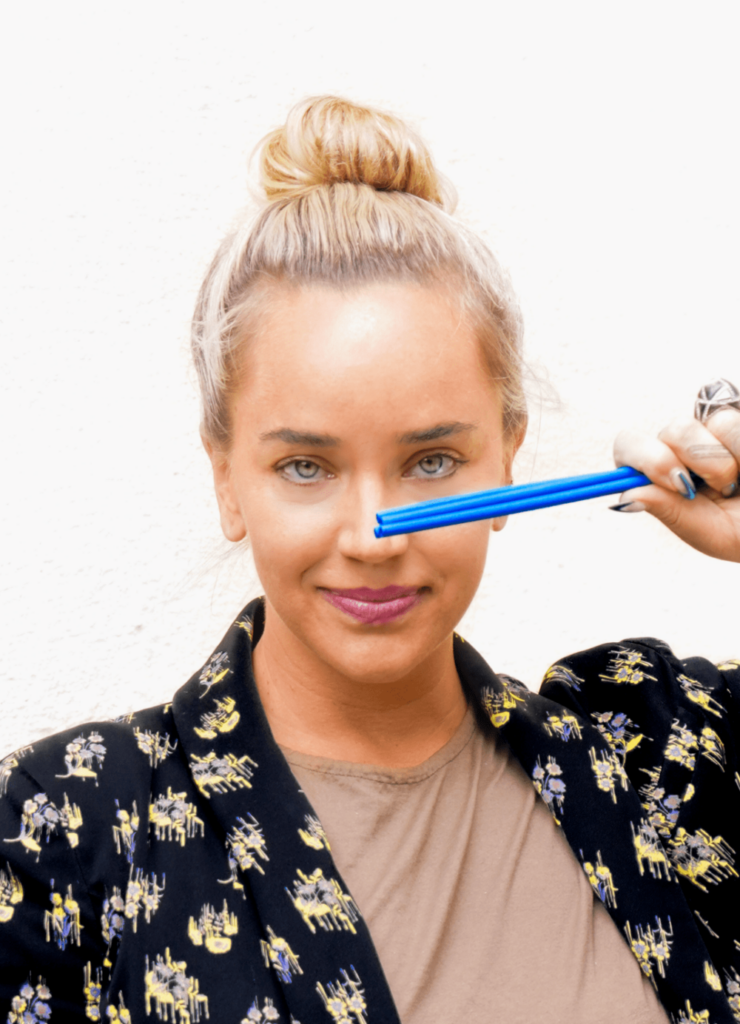
The seaweed advantage:
Efforts to replace single-use plastics in foodservice (think cutlery, straws and cup lids) run the gamut, from reusable container services to bamboo sporks.
Simultaneously, cities and countries are banning single-use plastics, the most recent being England.
But as Loliware founder and CEO Sea Briganti tells AFN, such bans are impactful only if there’s something to replace the plastics.
Seaweed has several advantages over other materials currently used to make alt-plastics. Terrestrial-based crops like canola or corn require fertilizers and water, and reinforce mono-cropping, a notable offender when it comes to emissions and biodiversity loss.
Loliware grows its seaweed with ocean farmers around the world. (The company never harvests wild seaweed.)
Besides creating more “blue economy” jobs around the world, seaweed farming can capture carbon from the atmosphere and recycle it to emit oxygen, says Briganti. Seaweed can capture five to 20 times more carbon per unit area than land-based forests. It permanently stores some of that carbon in the seafloor.
Among seaweed’s other advantages are “its fast growth cycle, the fact that it’s capturing more carbon than terrestrial-based plants, and the fact that it’s oxygenating the ocean,” according to the company.
Loliware’s seaweed-derived resins are also fully compatible with existing manufacturing plastic extruding equipment. This drives down costs, which are often a barrier to adoption when it comes to bioplastic products.
How Loliware works:
Loliware uses a circular system to grow and harvest seaweed, turn it into pellets, produce products from the pellets, then put the used products back into the ground.
For the Blue Carbon Straw, which is the company’s first product, Loliware uses a five-step process.
- After harvesting and processing the seaweed, the team adds minerals and natural colors. “There’s a lot of green chemistry involved, all with ingredients from nature we’ve carefully selected.”
- This mix is then “pellatized” using an extrusion process. These ‘SeaTech’ pellets are similar to those used in plastic manufacturing.
- Loliware’s seaweed-based pellets are then shipped to the manufacturer, where they are processed into straws.
- Straws are compostable and can decompose as fast as a banana peel. The straws will still break down in a landfill but Briganti says composting is superior, as it “creates nutrient-dense soil, and we want to capture that carbon in the soil.”
Loliware currently works with Missouri-based plastics manufacturer Sinclair and Rush to make the straws.
“They are a women-owned, 40-year-old factory,” says Briganti. “They’ve never invested in anything [bioplastic] in 40 years and they are so excited.”
Loliware says it currently produces 100 million straws per year. These are sent to the company’s customers, which are mostly foodservice groups. Briganti says Loliware currently has 15 customers and will launch with 20 more this year. The latter will be a mix of large companies requiring hundreds of millions of straws as well as smaller businesses.
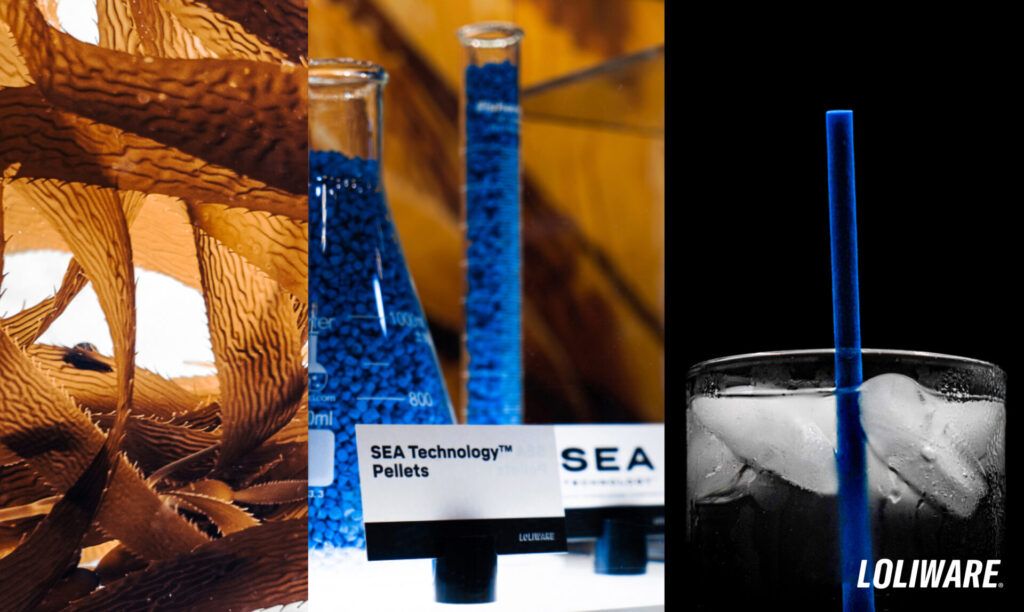
Beyond the straw:
Loliware’s began developing its Blue Carbon Straw in 2019, around the time straw bans began.
Many were quick to point out that children, the elderly, disabled persons, and others actually need straws. The same holds true today, and Briganti says part of Loliware’s mission is “having an inclusive culture within the company” that recognizes that need.
She says the straw portion of Loliware is fully scaled. In a way, it’s also “like a demonstration product.”
“We really want to show the world that seaweed can compete with plastic at scale, that we can make a lot of [straws] at cost. We’re already on par with bioplastics and paper straws. And on performance, we outperform a lot of those incumbents.”
Now the company is set to expand with new products made from its SeaTech pellets. Part of the pre-Series A funding will go to developing other single-use items such as cups, utensils, and films.
In May, Loliware will launch a utensil set in London in response to the aforementioned ban on single-use plastics in England.
Funding will also go towards more research and development.
Legislative tailwinds are creating more opportunities for Loliware to bring its products to the masses. While part of the company’s base are early adopters, others are facing bans on plastic and in need of a better solution than paper, says Briganti.
“Bans are only effective and impactful if you can provide businesses with solutions,” she adds. “It’s not fair, otherwise. We have to be collaborative here.”

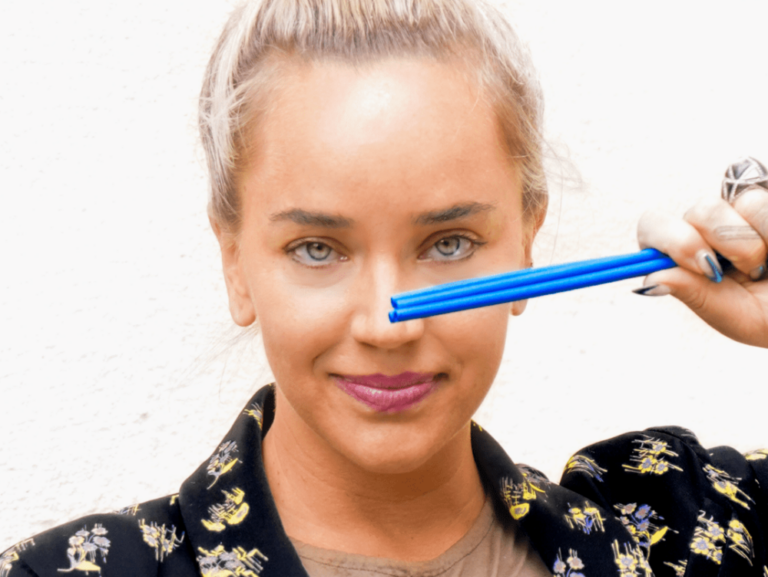
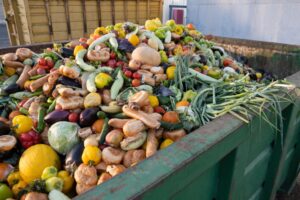
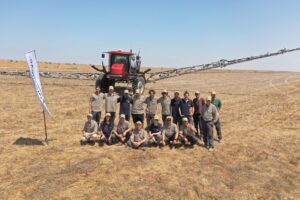
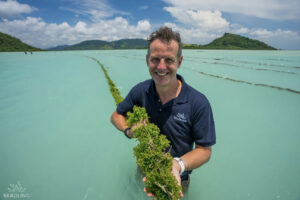
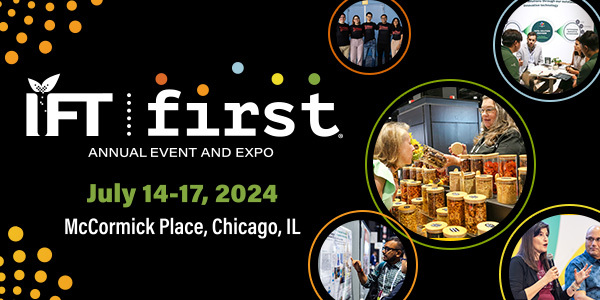
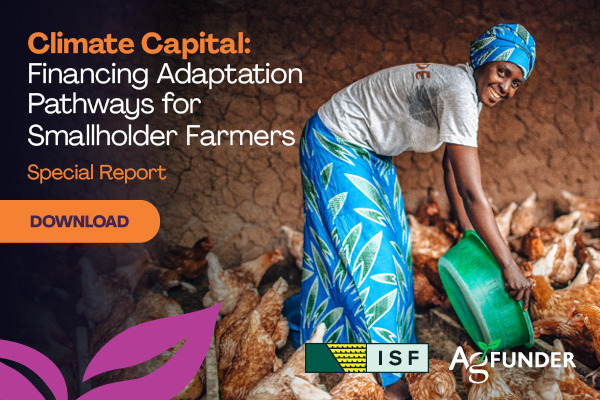
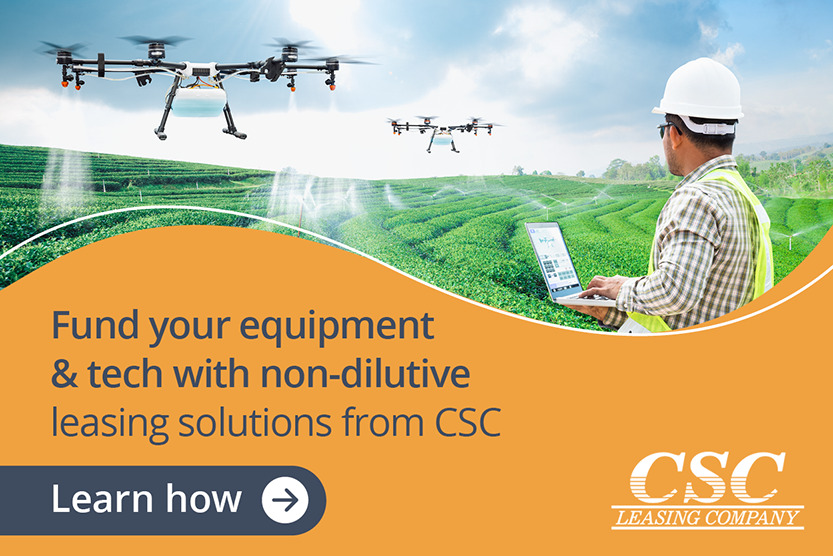


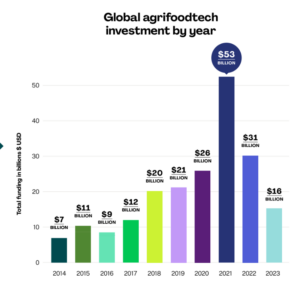
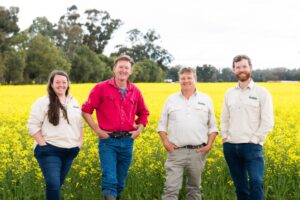


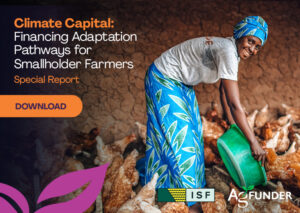

Sponsored
International Fresh Produce Association launches year 3 of its produce accelerator